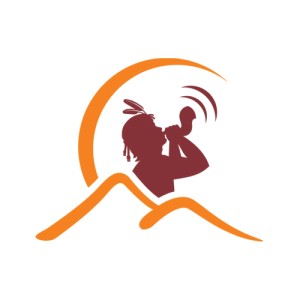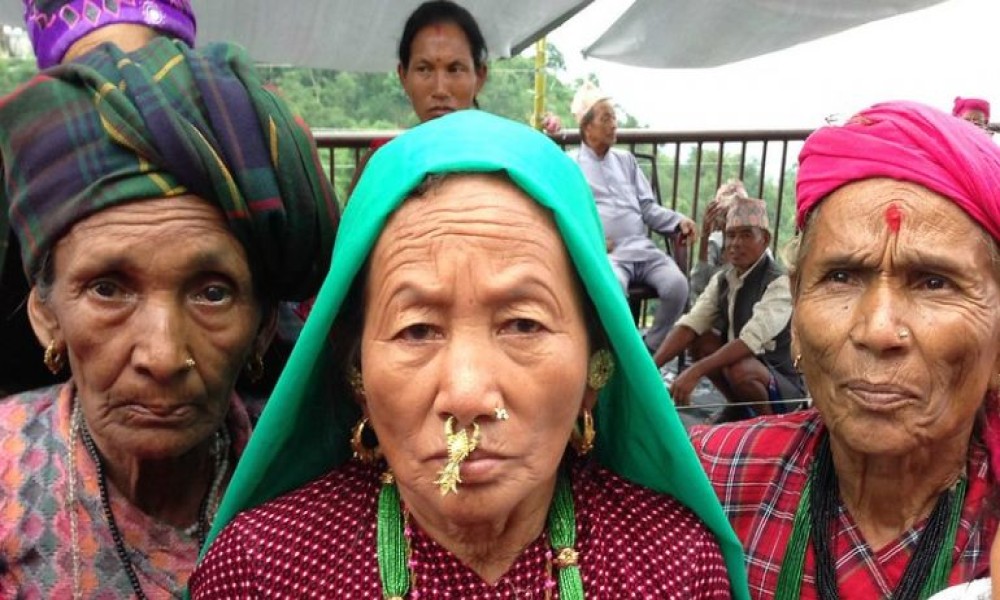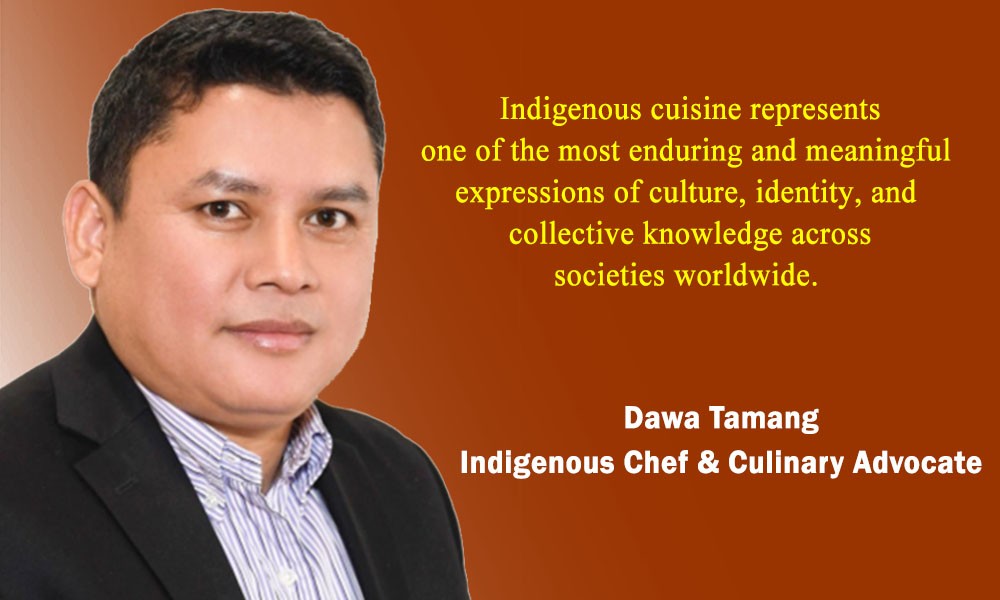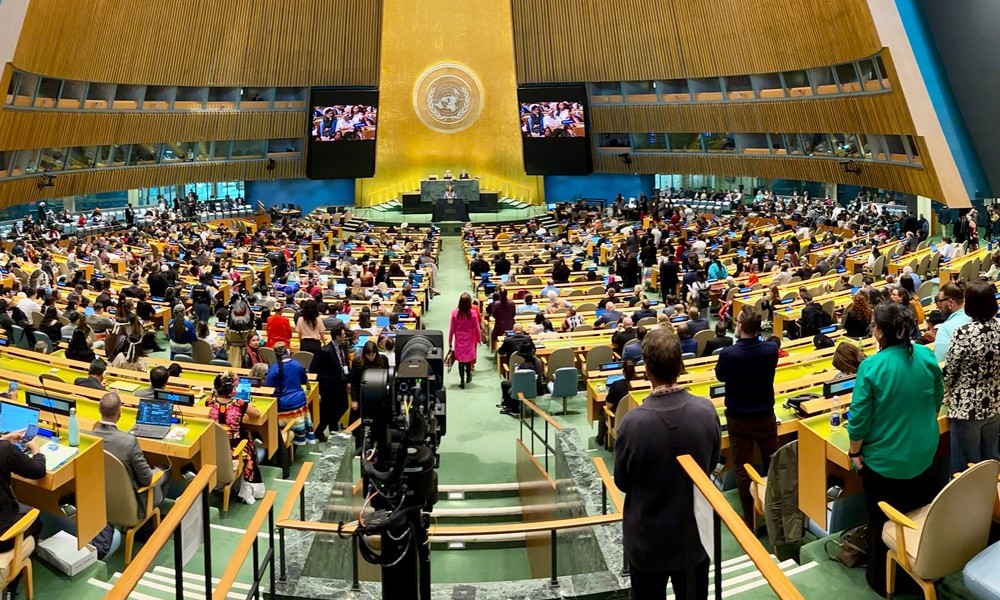TEJ KIRATI in Solukhumbu
The government has listed Nepal's 98 castes/ethnicities, communities, religious groups, indigenous nationalities as minority groups. As per the Constitution of Nepal, the citizens belonging to this cohort are entitled to seats reserved for minority people at Local Governments, State Assemblies and National Assembly.
The list of minority groups includes 56 indigenous communities, whose individual populations make up for less than 0.5 of the national population. However, indigenous rights leaders and activists are not content with inclusion of Adivasi Janajati into the minority cohort, which features diametrically opposed communities like Madhesi and Muslim as well. They argue that Indigenous Peoples have their own distinct and internationally-recognized identity; and they should be treated accordingly -- not as part of a small government-defined cohort.
We do not want to be restricted to a list of minority people, which does not acknowledge our broad political, economic, cultural and social rights -- and more importantly, our rights to self-determination".
Govinda Chhantyal, Vice Chair of National Federation of Indigenous Nationalities (NEFIN), says: "We do not want to be restricted to a list of minority people, which does not acknowledge our broad political, economic, cultural and social rights -- and more importantly, our rights to self-determination".
He adds: "We should be treated by the State in line with the internationally-recognized definitions of Indigenous Peoples. Identification of minority people is only for ensuring their representation; and not for guaranteeing their rights protected by international treaties, conventions and laws".
Manju Dhimal, an indigenous rights activist, also argues that it would be a blunder to identify Adivasi Janajati as minority groups because there is a distinct line between them. She explains: "Adivasi Janajati own land but minority groups do not".
It would be a blunder to identify Adivasi Janajati as minority groups because there is a distinct line between them. She explains: "Adivasi Janajati own land but minority groups do not.
She adds: "In our case, Dhimal is an Indigenous people with its own historical territory. We have been recognized by the National Foundation of Indigenous Nationalities as a marginalized community. So it would be an insult to label us as minority people".
Sunuwar community has also taken exception to them being categorized as a minority group. Samir Sunuwar, a Sunuwar community leader, says: "We reject the government list that labels us as a minority group".
Sukbir Thami, Secretary of the NEFIN, says insertion of Indigenous Peoples into the minority list is driven by the government's ulterior motive to divide and rule Adivasi Janajati, which has emerged as a force to reckon with after the political change of 1990. He says: "It's a conspiracy, and we all should be aware of it".
Kumar Pradhan, Vice Chair of Adivasi Janajati Youth Federation, also believes that categorization of Indigenous Peoples is a conspiracy to weaken their political movement. He says: "We should all be clear that we are not minorities, and we are the aboriginal inhabitants of this country".
Indigenous Feature Service









